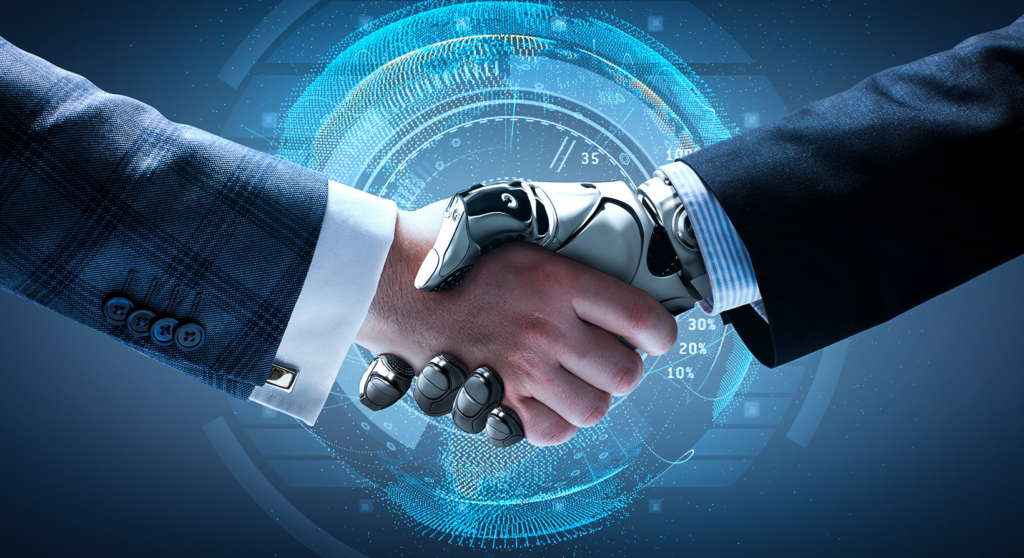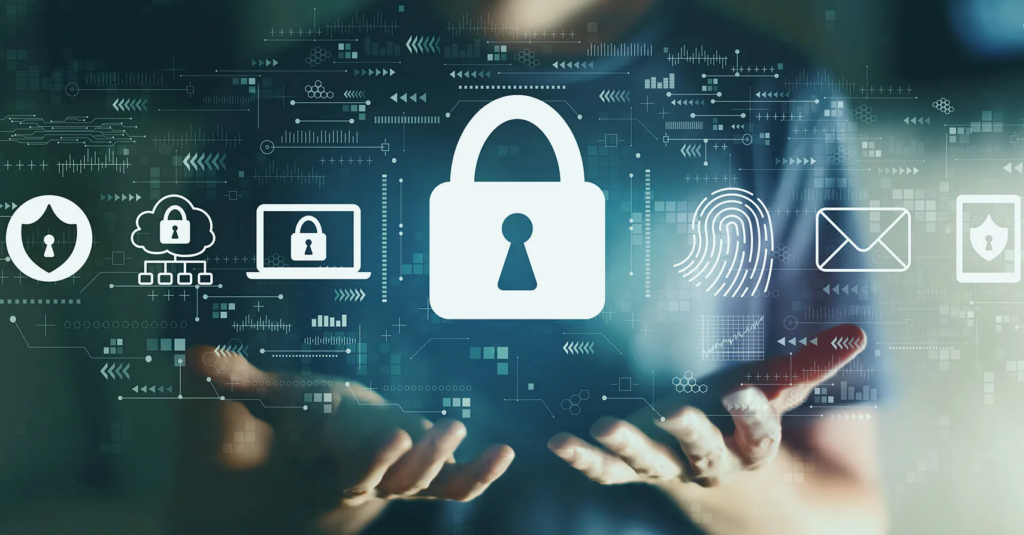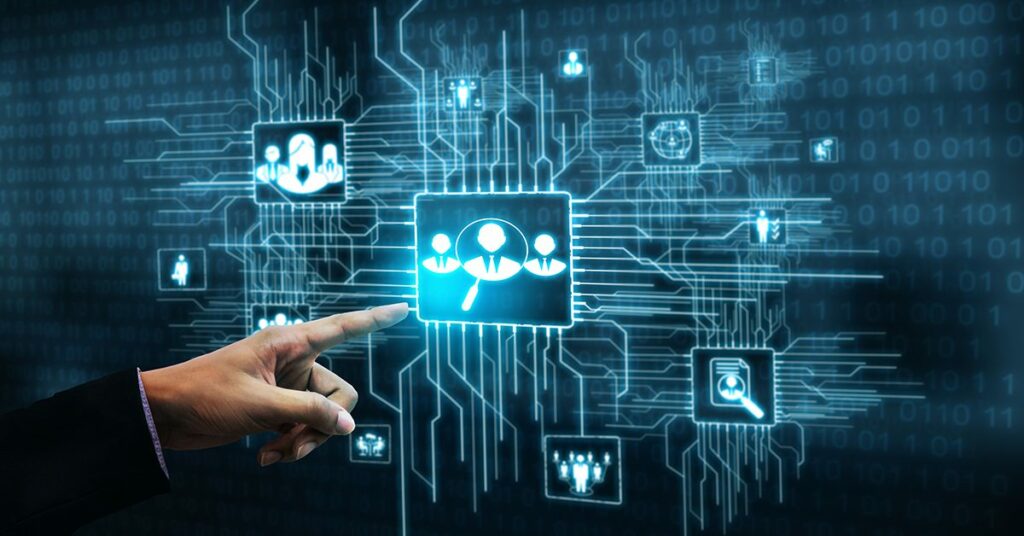Introduction
The role of Human Resources is no longer limited to paperwork and personnel management; it is now undergoing a profound transformation, thanks to the rise of Automation and Artificial Intelligence (AI).
This profound shift will not only redefine the operational dynamics of HR but also pose a pivotal question: How can HR professionals leverage the power of automation and AI to not just keep pace with, but lead the way in shaping the future of work?
As we step into an era where digitalization is as crucial as interpersonal skills, in this guide, we are going to explore the world of automation and AI. Beyond mere buzzwords, the fusion of human expertise with technological innovation is redefining recruitment, onboarding, employee engagement, and strategic decision-making.
Therefore, we are going to uncover the potential benefits, address inevitable challenges, and map out the roadmap for HR professionals to navigate the intricacies of a tech-driven future, ensuring that the human touch remains at the core of organizational success.
Embracing the Power of AI and Automation in HR
The use of artificial intelligence (AI) in HR is increasing rapidly, with more and more organizations adopting AI-powered HR tools to streamline their processes and make data-driven decisions. While there are concerns about the potential impact of AI and automation on the workforce, the reality is that AI has the potential to make HR practices more efficient and effective. A lot of leading HR certifications & courses has included AI & Data Management topics in their curriculum. This emphasizes why businesses should equip their human resource department with AI based tools that ae going to be a common practice in near future. So, let’s discover how HR professionals can embrace AI and automation to create smarter and more human workplaces.

Benefits of AI and Automation in HR
By embracing AI and automation, HR professionals can unlock a spectrum of benefits that extend beyond conventional practices. Some of these benefits are:
Enhanced Recruitment Processes
- AI-powered algorithms analyze vast datasets to identify top talent that streamlines the recruitment process.
- Automated screening and matching of candidate profiles significantly reduce time-to-hire, ensuring swift and effective talent acquisition.
Data-Driven Decision Making
- AI facilitates data analysis on a scale previously unattainable, empowering HR professionals to make informed, evidence-based decisions.
- Predictive analytics enables proactive workforce planning, mitigating potential challenges before they arise.
Personalized Employee Onboarding
- AI-driven onboarding processes can be tailored to individual employee needs, fostering a more personalized and engaging introduction to the organization.
- Chatbots and virtual assistants provide real-time support, answering queries and facilitating a smoother onboarding experience.
Employee Engagement and Retention
- AI analyzes employee data to identify patterns related to engagement and job satisfaction.
- Personalized learning and development plans that are guided by AI, contribute to continuous employee growth, thus advancing retention efforts.

Efficient HR Operations
- Robotic Process Automation (RPA) automates routine HR tasks, which in turn reduces manual workload and minimizes errors.
- Chatbots assist in answering HR-related queries, freeing up human resources for more strategic initiatives.
Diversity and Inclusion Strategies
- AI helps eliminate biases in recruitment processes by focusing on objective criteria.
- Analytics identify areas for improvement in diversity and inclusion efforts, promoting a more equitable workplace.
Workforce Planning and Optimization
- AI algorithms analyze workforce trends, enabling organizations to align their human capital with strategic business goals.
- Predictive modeling aids in forecasting staffing needs, ultimately optimizing workforce distribution.
Employee Well-being Programs
- AI monitors employee well-being by analyzing sentiment through various channels.
- Proactive identification of potential issues allows for timely intervention, fostering a healthier and more supportive workplace.
Compliance and Risk Management
- AI assists in ensuring HR practices comply with evolving regulations.
- Automated tracking of regulatory changes helps organizations stay ahead of compliance requirements and reduce legal risks.
Cost Savings and Efficiency Gains
- Automation of repetitive tasks and streamlined processes lead to significant cost savings.
- Improved efficiency allows HR professionals to focus on strategic initiatives that contribute to overall organizational success.
Challenges of AI and Automation in HR
As organizations embrace AI to revolutionize HR processes, they encounter intricate hurdles that demand careful navigation. Let’s explore the challenges HR professionals face while integrating AI into HR processes:
Bias and Fairness Concerns
- A risk of bias in AI algorithms can perpetuate existing prejudices in recruitment, performance evaluations, and other HR processes.
- Strategies to mitigate bias and promote fairness in AI-driven decision-making, with a focus on transparency and accountability.
Data Privacy and Security
- The challenge of safeguarding confidential employee information in an era of increased data collection and analysis.
- Navigating the evolving landscape of data protection regulations and ensuring AI applications in HR comply with these standards.

Lack of Understanding
- Addressing concerns and skepticism among employees about AI applications in HR, particularly in areas like performance monitoring and talent management.
Integration with Existing Systems
- Challenges associated with integrating AI technologies with existing HR software and systems.
- Strategies to seamlessly migrate and integrate data from traditional HR systems to AI-driven platforms.
Over-Reliance on Technology
- The risk of over-automating HR processes that can potentially lead to the neglect of crucial human-centric aspects.
Skill Gaps and Training Needs
- Identifying skill gaps and the necessity for continuous training programs to ensure HR teams are equipped to leverage AI effectively.
- The challenge of fostering a workforce that is comfortable and capable of working alongside AI technologies.
Ethical Dilemmas in HR Decision-Making
- The absence of universally accepted ethical frameworks for AI applications in HR, leads to dilemmas in decision-making.
- Striking a balance between objective decision-making and the compassionate understanding of unique human circumstances.
Unintended Consequences
- Anticipating and mitigating unintended consequences of AI implementation in HR, such as unintentional biases or unexpected workflow disruptions.
- The importance of ongoing monitoring and evaluation to identify and address any issues that may arise.
Key Technologies Transforming HR
The convergence of technology and Human Resources (HR) is reshaping the traditional paradigms of workforce management. As organizations strive for agility, efficiency, and strategic insight, several key technologies are taking center stage in HR transformation, such as:
Robotic Process Automation (RPA)
Automating Routine Tasks
RPA streamlines repetitive and rule-based HR tasks, from data entry to payroll processing, enhancing accuracy and efficiency.
Enhancing Productivity
How RPA frees up HR professionals to focus on high-value tasks by automating repetitive and time-consuming tasks.
Natural Language Processing (NLP)
Improved Communication
NLP enables machines to understand and respond to human language, enhancing communication in HR interactions.
Chatbots and Virtual Assistants
The role of NLP in the development of chatbots and virtual assistants that facilitate real-time employee support and engagement.
Artificial Intelligence (AI) in Talent Acquisition
Advanced Analytics
Leveraging AI for predictive analytics in identifying top talent, streamlining the recruitment process, and reducing time-to-hire.
Candidate Matching
How AI algorithms analyze vast datasets to match candidates with job requirements, ensuring a more efficient and effective hiring process.
Employee Engagement Platforms
Sentiment Analysis
AI-driven platforms analyze employee sentiment, providing insights into engagement levels and potential areas for improvement.
Personalized Learning Paths
Tailoring learning and development initiatives based on AI assessments of individual employee needs, fostering continuous growth and engagement.
Predictive Analytics for Workforce Planning
Strategic Decision-Making
Predictive analytics models assist HR professionals in forecasting workforce needs, aligning human capital with organizational goals.
Identifying Trends
Analyzing historical and real-time data to identify workforce trends, enabling proactive planning for staffing requirements.
Blockchain in HR
Enhancing Security
Blockchain ensures the security and integrity of HR data, minimizing the risk of data tampering and unauthorized access.
Streamlining Processes
The role of blockchain in verifying credentials, simplifying background checks, and facilitating secure transactions within HR processes.
Augmented Reality (AR) and Virtual Reality (VR) in Training
Immersive Learning Experiences
AR and VR technologies create immersive training environments for employees, thus enhancing skill development and onboarding.
Remote Collaboration
Facilitating virtual collaboration and training sessions, particularly in the context of remote or distributed workforces.
People Analytics Platforms
Holistic View of Employee Performance
People analytics platforms leverage AI and data analytics to provide a comprehensive view of employee performance and productivity.
Strategic Insights
How these platforms enable HR professionals to make informed, data-driven decisions regarding talent management and organizational strategy.
Biometric Technology in HR
Secure Access Control
Utilizing biometric authentication for secure access to HR systems and confidential employee information.
Attendance Tracking
Biometric technology for accurate and efficient attendance tracking, reducing the reliance on traditional methods.
Cloud-Based HR Management Systems
Scalability and Flexibility
Cloud-based HR systems provide scalable and flexible solutions, accommodating the evolving needs of organizations.
Enhanced Collaboration
Facilitating seamless collaboration and accessibility of HR data across different locations, especially in the context of remote work.
Final Thoughts
The impact of these technologies is far-reaching, from automating mere tasks to revolutionizing talent acquisition, enhancing employee engagement, and facilitating agile decision-making. The synergy between human expertise and technological prowess is not just a trend but a necessity for thriving in the modern workplace.
As organizations embrace these innovations, they position themselves not only to optimize operational efficiency but also to elevate the employee experience and contribute strategically to overall organizational success.
The journey into a tech-infused future is ongoing, and HR professionals are at the forefront, leading the way into an era where human insight and cutting-edge technology define the new frontier of human capital management. Let’s shape a future where the intersection of technology and humanity in the workplace is harmonious and empowering.


